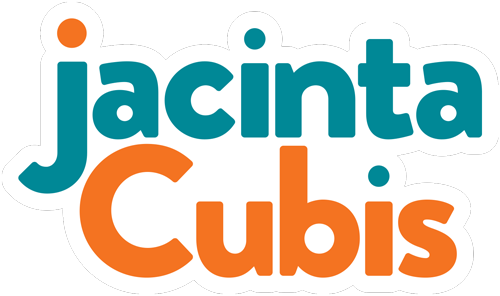The verdict’s in: citizens’ juries just keep on giving…
Carol* weighed up the pros and cons carefully before signing up for the citizens’ jury in her regional town.
The appeal was dubious. Five Saturdays with 30 people she didn’t know. Giving up her gardening to learn about, discuss and debate unfamiliar issues. And write a report at the end. But it felt like it was important and she likes contributing.
It was an extraordinary experience. Carol enjoyed grappling with technical information and new ideas, and getting to know everyone.
“I found it so stimulating! I talked about it all the time at home. I think my friends got really sick of me!” Carol said with a chuckle.
Carol expected to be challenged, confused – bored even. She certainly didn’t expect to find an AFL umpire to volunteer for the football team she manages for kids with disabilities. Mark* offered to help out after Carol mentioned the team over lunch. Despite the two-hour drive from his place to Carol’s town, Mark was keen to share his skills and lend a hand.
Carol and Mark’s story is just one of the many unintended benefits that, in our observation, can spring from a deliberative process. Above and beyond the proven value, which include meaningful recommendations, actionable reports, greater transparency, enhanced reputation, long-term relationships and the increased capacity of community members.
Other unexpected benefits include a retired carpenter who drove to a fellow juror’s house on a Sunday and chopped back a dangerous tree. A shy newcomer to the area who can’t wait to start volunteering a community education program she heard about. The joy one juror’s home-made cakes brought to her peers, and the fresh flowers another brought from her garden to share. The delight another’s hand-carved wooden toys brought to some of his fellow jurors, who snapped them up at a bargain price. In the longer-term, young and old members have signed up for our client’s community advisory groups. Countless connections have been made and immeasurable community strength built as people from widely divergent backgrounds, cultures and political positions got to know each other.
These and other additional benefits we’ve seen arising from a number of processes seem to point to deeper connections being made between some jurors, unrelated to the topic they’re debating or their work together. Carol and Mark hadn’t spent much time together in small groups. In fact, they had opposing positions on one key issue during the process.
We continue to notice these surprising benefits derived from deliberative processes; where everyday citizens are invited to grapple with complex issues. It is not only democracy that is being revitalised; people’s lives are being enriched; communities are being strengthened.
We take our hats off to people who not only commit to a challenging process, but extend this commitment to benefit their fellow jurors in a myriad of ways. In stark contrast to the ‘no strings attached’ of ‘friends with benefits’ juries seem to create benefits that keep on giving.
Connect with Max Hardy: maxhardy.com.au
*names have been changed


